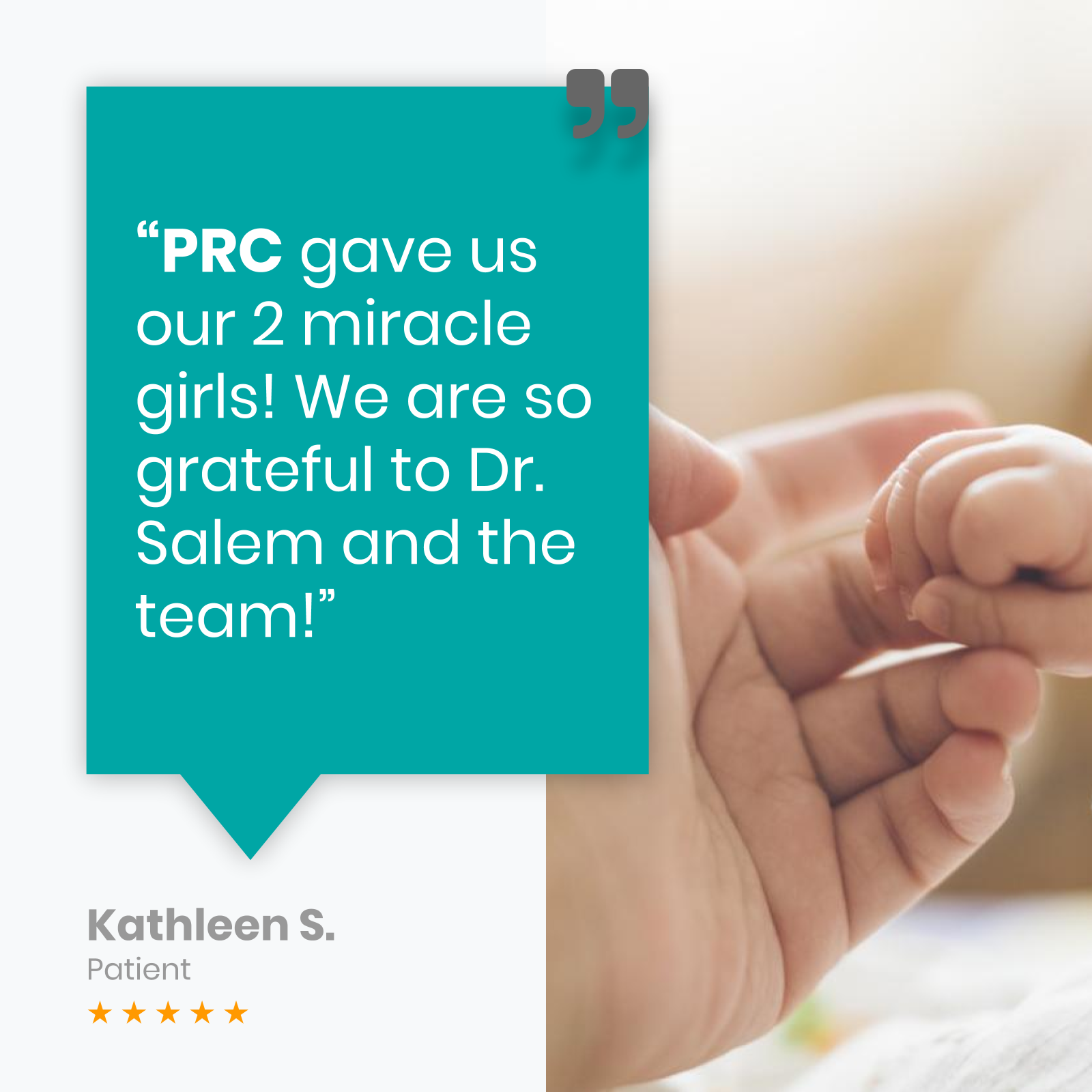Pacific Reproductive Center offers a comprehensive suite of ovarian reserve testing, enabling precise decision-making in assisted reproductive strategies. Our state-of-the-art facility is equipped with the latest instruments and technologies, ensuring that our patients receive the highest level of care.
A crucial aspect of reproductive potential involves the evaluation of the eggs (ova) within the ovaries. The number of eggs can vary significantly from individual to individual, but age is the most common indicator for diminished egg capacity.
The ovarian reserve test is the only tool capable of estimating the number of eggs remaining in the ovaries.
Why Have Ovarian Reserve Testing?
This test offers valuable insights into ovarian function and can help guide fertility treatment choices.
When to do an ovarian reserve test depends on several factors. Women most commonly pursue ovarian reserve testing when they have concerns about their reproductive health. Such concerns can range from issues with ovarian reserve by age to medical anomalies – such as cancer or polycystic ovary syndrome (PCOS) – that that might influence follicle health or count.
Having a fertility test for ovarian reserve is the only way to determine whether egg count is low.
The age at which a woman decides to undergo this egg count test can vary depending on her particular circumstances. For women in their late 30s or early 40s, the ovarian reserve test may be recommended as a matter of course to assess their chances of conception. As women age, their ovarian reserve diminishes, and the likelihood of successful conception decreases.
In addition to age, certain medical anomalies can also prompt a woman to consider this option. Certain cancers, such as ovarian cancer, can impact the quality and number of eggs in the ovaries. If your medical history raises concerns about fertility, ovarian reserve testing can provide valuable insights into your reproductive health.
Furthermore, women who have a family history of fertility issues or have been diagnosed with conditions that affect ovarian function, such as polycystic ovary syndrome (PCOS), may benefit from this blood test for egg count. These conditions can impair egg development and increase the likelihood of infertility.
What is Ovarian Reserve Testing?
Ovarian reserve by age is variable and not necessarily indicative of reproductive capacity. Nevertheless, this offers a window into ovarian function and can provide valuable information about a woman’s fertility status.
Ovarian reserve testing involves measuring certain hormone levels and evaluating the number of follicles remaining in the ovaries. This information helps assess the quality of a woman’s eggs and determine the most appropriate fertility treatment.
Several different types of ovarian reserve tests can be conducted to assess the health of a woman’s ovaries and determine her ability to conceive. Ovarian reserve blood tests are commonly used to evaluate a woman’s reproductive potential. How to test ovarian reserve might involve the following procedures:
Anti-Müllerian Hormone (AMH) Test
Anti-Müllerian hormone affects the generation of reproductive organs in the fetus, and also influences the production and release of eggs. Higher levels of AMH indicate a higher ovarian reserve, while lower levels may indicate reduced fertility.
Follicle-stimulating Hormone (FSH) Level Test
FSH tests measure the follicle-stimulating hormone (FSH) level in the blood. FSH is a hormone produced by the pituitary gland that helps stimulate the ovaries to produce follicles and eggs. Higher levels of FSH can indicate decreased ovarian reserve, while lower FSH levels can suggest higher ovarian reserve.
Estradiol Level Test
Testing estradiol levels allows your reproductive health team to measure the production of estradiol, a hormone produced by the ovaries that is essential for maintaining reproductive function. Higher levels of estradiol can indicate good ovarian reserve, while lower levels can suggest reduced fertility.
Clomiphene Citrate Challenge Test (CCCT)
CCCT tests examine the responsiveness of the ovaries to stimulation. It involves administering a medication called clomiphene citrate and monitoring the response to the medication. A positive CCCT test suggests that the ovaries can respond adequately to stimulation, while a negative test may indicate reduced ovarian reserve.
Antral Follicle Count (AFC)
In addition to ovarian reserve blood tests, ovarian reserve can also be assessed through transvaginal ultrasound evaluations called antral follicle count (AFC) tests.
AFC tests use sound waves to measure the size of the ovaries directly and determine the volume of ovarian follicles present. A higher number of follicles suggests a higher ovarian reserve, while a lower number may indicate decreased fertility.
While ovarian reserve tests are strong indicators of reproductive potential, they are not definitive predictors of fertility. They serve as helpful markers in assessing a woman’s capacity for reproduction but should be used in conjunction with other factors such as age, medical history, and lifestyle factors.
Ovarian Reserve Testing Cost
The cost of the ovarian reserve test can vary based on multiple factors, including the number of evaluations your healthcare provider requires.
For ovarian reserve testing, normal range costs may include various elements. These may include laboratory fees, ultrasound scans, and blood analysis. The cost of each evaluation may vary depending on the specific tests and procedures performed.
Some healthcare providers may recommend multiple evaluations to gain a comprehensive understanding of a woman’s ovarian reserve. These additional evaluations may increase the overall cost of the testing.
Begin Your Fertility Journey Today with PRC: Schedule Your Ovarian Reserve Testing in CA
We encourage you to contact us today for a thorough assessment of the costs and financing options associated with ovarian reserve testing. Our experienced healthcare providers will discuss your specific needs and assist you in determining the cost that is appropriate for you. We are here to support you throughout your fertility journey.
Treatments
Pacific Reproductive Center has been successfully aiding conception for over two decades. We optimize the conditions of fertility treatment to give every potential parent the greatest chance of successful childbirth.
Resources
We ensure that every patient fully understands their medical condition and treatment options available to them. We understand each patient is unique so we help guide you through the best option to support your own fertility journey.
Looking for the Best Fertility Clinic in Southern California?
Pacific Reproductive Center has four convenient locations throughout Southern California, making it easy for patients to receive quality care close to home. Each IVF fertility center has an on-site lab, next-generation services, and state-of-the-art equipment.
Whether in Glendale, Torrance, Irvine, or Corona, our world-class fertility doctors can help you build the family you’ve always wanted.
3720 Lomita Blvd, Suite 200 Torrance, CA 90505
116 E. Broadway, Suite 300 Glendale, CA 91205
10 Post Irvine, CA 92618
381 Corporate Terrace Corona, CA 92879




